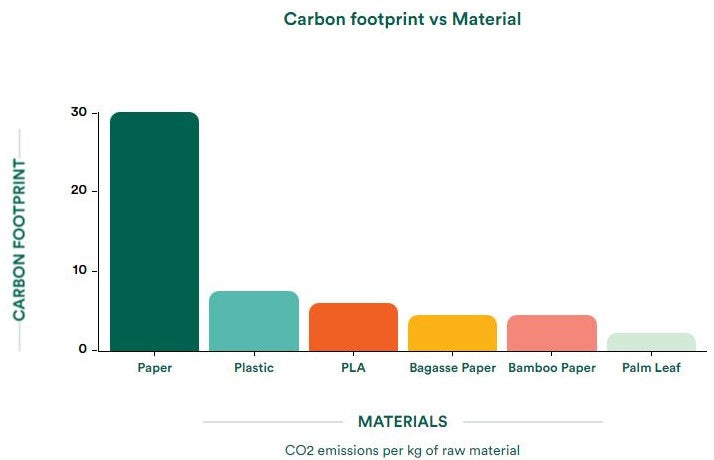
Our Belief, Clean Heat
We only use agri waste for all our production because we believe there is only one planet and everything, even waste, has a purpose. At AMJ, our commitment to sustainability drives us to transform agricultural byproducts into clean, efficient heating solutions. Our belief in Clean Heat underscores our dedication to minimizing waste, lowering carbon footprints, and promoting eco-friendly practices.
What our numbers say?
By repurposing waste materials like sugarcane and coconut shells, we reduce environmental impact and create high-quality products that serve a meaningful purpose. We strive to ensure that every step in our manufacturing process reflects our respect for the planet and our mission to create a sustainable future for all and below numbers reflect that our customers are playing a big role towards this mission.
Meet Our Materials
01
We collect and process sugarcane waste into high-quality heat logs and kindling through drying, mixing with natural binders, and compressing into shapes.
02
Without proper processing, sugarcane waste can contribute to pollution through landfill accumulation or open-air burning, releasing harmful emissions.
03
The end products are sustainable, eco-friendly heating solutions that reduce waste and carbon emissions, supporting both environmental and economic sustainability.
01
We harvest bamboo and process it into pulp, which is then transformed into soft, eco-friendly toilet paper through a series of refining and manufacturing steps.
02
Improper disposal or processing of bamboo can lead to deforestation, habitat loss, and increased carbon emissions from decaying biomass or burning.
03
he end product is sustainable toilet paper that is gentle on the environment and reduces the reliance on traditional wood-based paper products, contributing to forest conservation and lower carbon footprints.
01
We collect coconut shells, which are then carbonized and compressed into high-density charcoal briquettes, suitable for efficient and long-lasting burning.
02
Improper disposal of coconut shells can lead to increased landfill waste and methane emissions, contributing to environmental pollution and climate change.
03
The final product is eco-friendly coconut shell charcoal briquettes, which offer a sustainable alternative to traditional charcoal, reducing waste and lowering carbon footprints.

Carbon Footprint
Carbon footprint measures the total greenhouse gas emissions caused directly and indirectly by an individual, organization, event, or product. By converting agricultural waste into heat logs and briquettes, we reduce reliance on wood-based fuels and lower carbon emissions.



